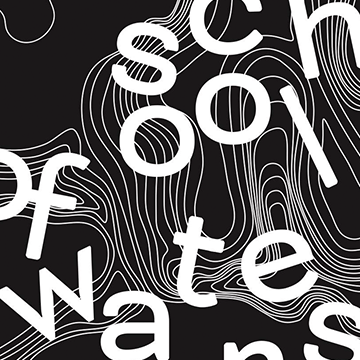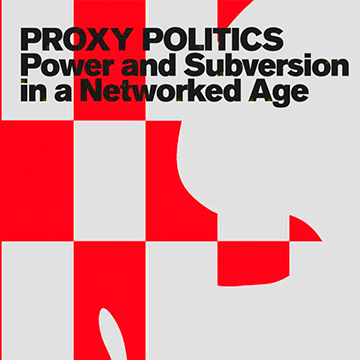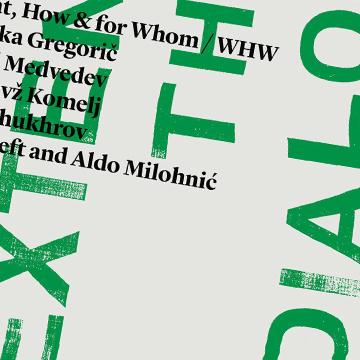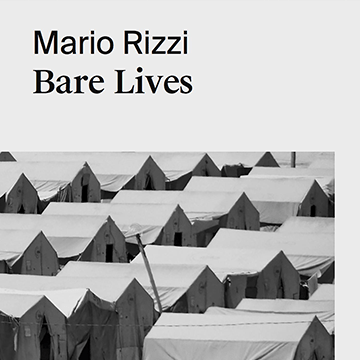Mediterranea 19—School of Waters imagines a Biennale as a temporary school inspired by radical and experimental pedago- gies and the way they challenge artistic, curatorial, and research formats. From this standpoint, School of Waters acts as a collective tool to defamiliarise stereotypes that manipulate our geographical imaginaries, especially those linked to the eurocen- tric interpretation of the Mediterranean area.
Tag: geopolitics
Where stories cut across the land
This is not an artist’s book about borders. Rather, it is an artist’s book about overcoming the influence of politics on the land within the borders of unrecognized or semi-recognized states. It is a document of the fragmented symptoms of the “Bosnian pot” character of governance, in which all components simultaneously complement and eliminate each other.
Proxy Politics
This publication looks at proxy-politics on both a micro and a macro level, exploring proxies as objects, as well as networks as objects. What is the relation between the molecular and the planetary? How to fathom the computational regime?
Yet, whilst being a manifestation of the networked age, thinking like a proxy offers loopholes and strategies for survival.
Extending the Dialogue
The authors whose writings appear in this book come from twelve different countries and represent a range of disciplines and interests: they are art historians, philosophers, cultural theorists and activists, critics, curators, and poets, with most of them falling into at least two or three of these categories. All have made important contributions to contemporary art and cultural production, art history writing, and critical thought within, and sometimes far beyond, the region once known, problematically, as ‘Eastern Europe.’
Bare Lives
In Bare Lives Mario Rizzi portays Yazidi refugee camps and their inhabitants, exploring hidden stories and consequences of the so-called ‘Arab Spring’ and how they entangled individual political lives and wider geopolitics of the region.




